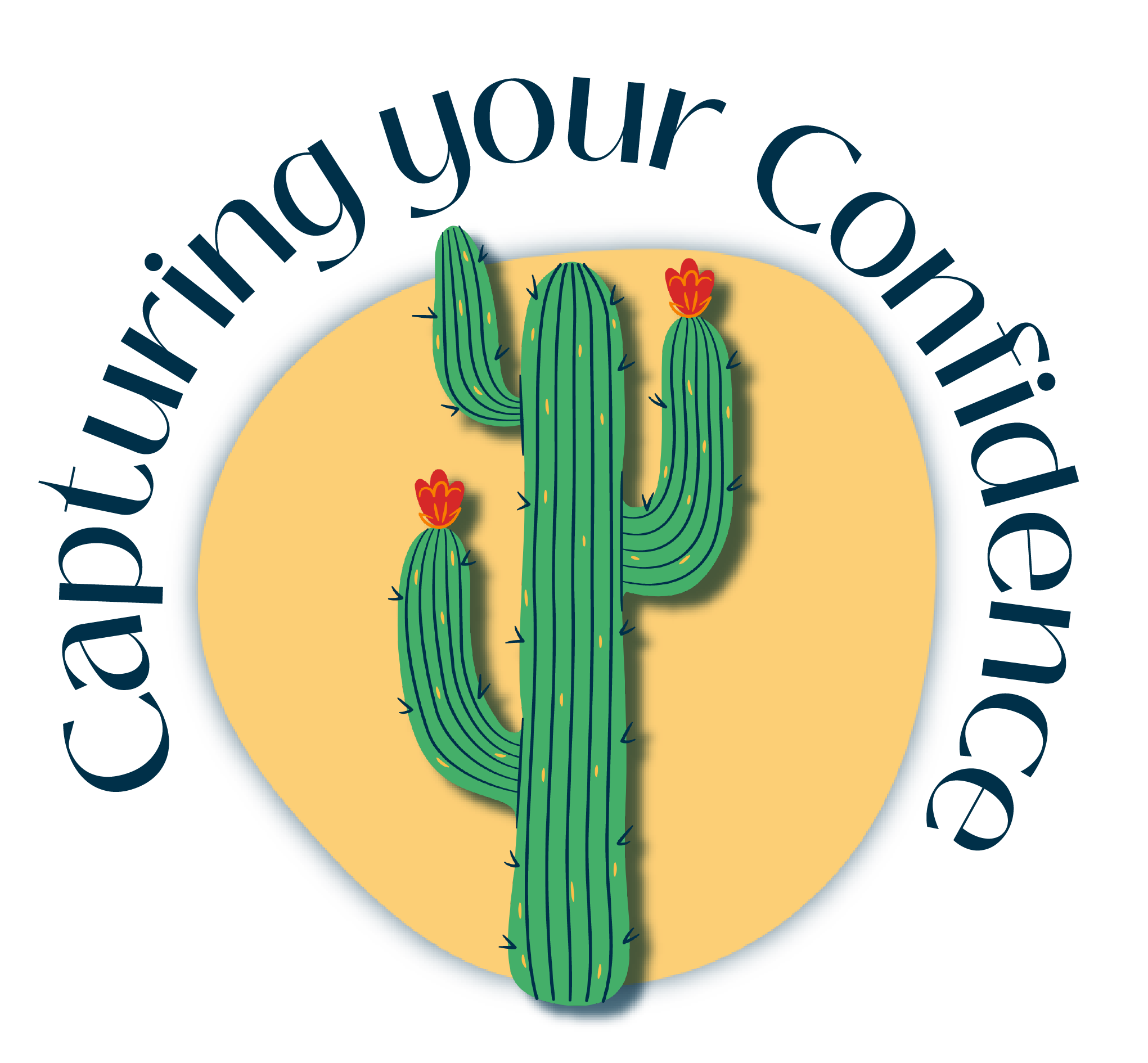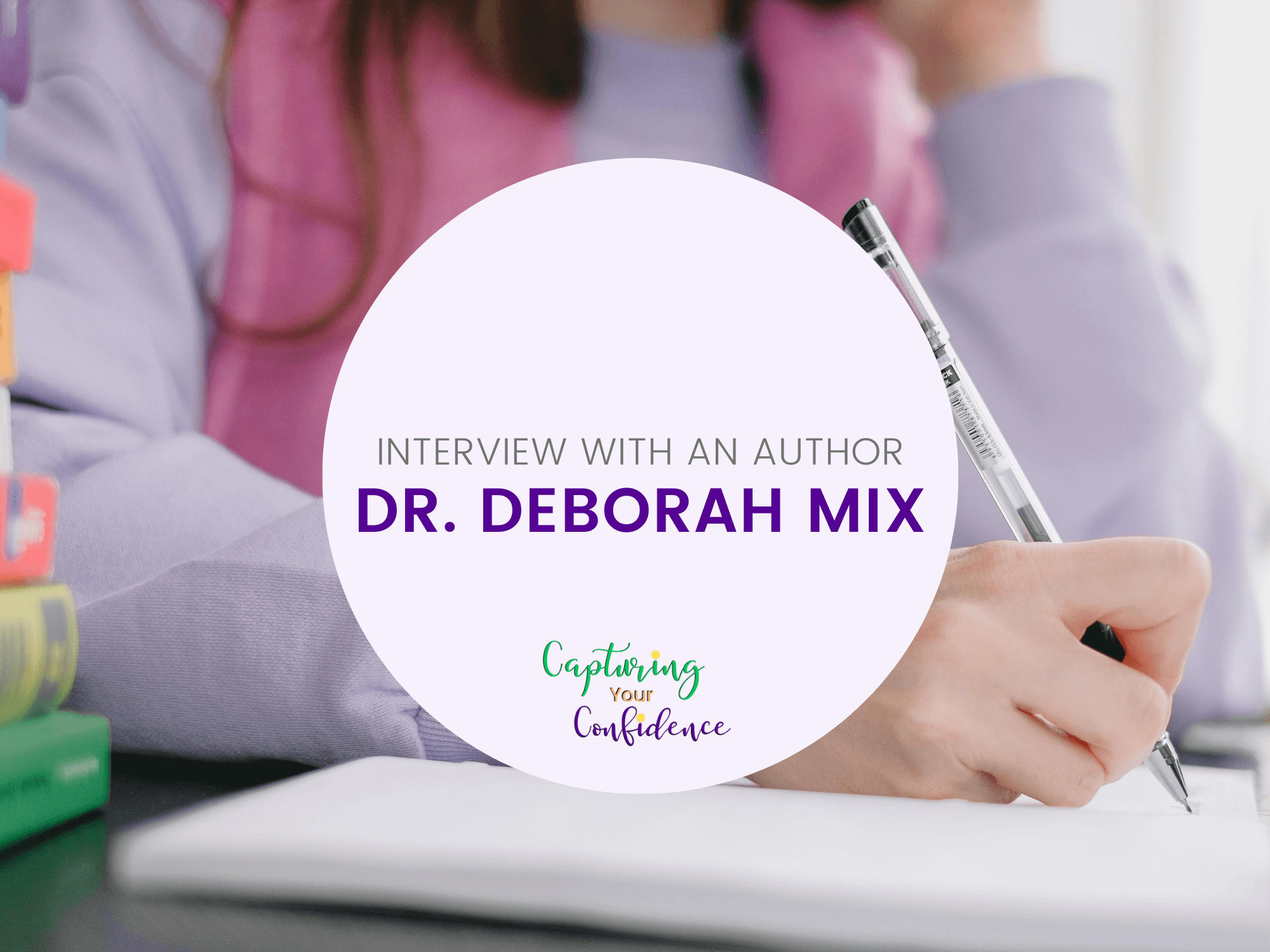Interview with an Author: Dr. Deborah Mix
Our February guest author here at Capturing Your Confidence is Dr. Deborah Mix.
Deborah Mix teaches American literature and Women's and Gender Studies at Ball State University, where she is a professor of English. She is the author of "A Vocabulary of Thinking": Gertrude Stein and Contemporary North American Women's Innovative Writing (U of Iowa Press, 2007) and the co-editor, with Logan Esdale, of Approaches to Teaching the Writing of Gertrude Stein (MLA Press, 2018).
Her articles have appeared in academic journals including American Literature and Contemporary Women's Writing and in edited collections including The Cambridge History of 20th-Century American Women's Poetry (Cambridge, 2016) and Revisiting the Elegy in the Black Lives Matter Era (Routledge, 2020).
We connected with Dr. Mix about her writing & teaching experiences, and what advice she would give to aspiring authors.
Tell us a little about what your specialty studies.
I’m a teacher and scholar of American literature, with a specialization in twentieth-century American poetry in particular. I’m especially interested in the ways that women poets understand themselves and how we can understand them in relationship to one another, sort of like a family tree of writing. How does understanding one writer’s work help us think about another’s, and vice versa.
Tell us about your writing journey. Have you always wanted to be a writer?
No. I don’t think I really considered the “writing” aspect of academia when I headed in this direction. I just wanted to read interesting things and talk about them with other people. In some ways, I’m still learning to think of myself as a writer.
Where did the idea for your edited collection, Approaches to Teaching the Works of Gertrude Stein, develop from?
My co-editor and I had both done scholarly work on Stein, and we’d both been teaching her writing in our classes and making the case for Stein’s significance. But it was our sense that while a lot of other people thought her work was important, they weren’t sure how to teach it.
While a lot of other people thought her [Gertrude Stein's] work was important, they weren’t sure how to teach it.
At the same time, we knew there were people out there doing really exciting things with Stein’s writing in their classrooms. We wanted to bring those ideas together in a collection.
How does the process of collaboration work between multiple editors? How does it differ from working on a piece of your own?
The biggest challenge was balancing our approaches to writing and editing. Logan wanted to take a more active editorial approach than I did at first, but I came around to his way of thinking. We had to move in my direction in terms of the material we wrote because there just wasn’t space for the level of detail he wanted to include.
Logistically, we also had the challenge of coming up with a system to keep track of drafts of essays and to make sure we spoke in one voice in our comments to authors.
What was your process for putting the collection together?
Because the collection came out through the Modern Language Association (MLA), we had to go through multiple reviews along the way—it was a slow process! We wanted a collection that included approaches to a wide variety of Stein’s work, not just her most familiar pieces (like Tender Buttons and The Autobiography), as well as a wide variety of pedagogical strategies.
Selecting the essays to include was both pleasurable and difficult—people are doing wonderful things with Stein’s writing in their classrooms!
Selecting the essays to include was both pleasurable and difficult—people are doing wonderful things with Stein’s writing in their classrooms! We worked closely with the authors on their essays to ensure they met our goals for the collection as well as the authors’ goals for their work.
Describe your biggest writing obstacle and how you overcame it.
I’m not sure I have overcome it, but I’d say my most common challenge is believing that what I’m saying is valuable. Sometimes I feel like Captain Obvious, and I have to remind myself that what feels obvious is often the product of a lot of thinking and research on my part, so it won’t feel obvious to anyone else.
How do you balance teaching and writing? Where, if any, do you see intersections between your work and your writing?
Because I know what it’s like to feel like an impostor or to doubt the value of my writing, I can help students who harbor the same fears. As a writer, I love a good close reading, so that’s something I try to encourage in my students. Good arguments (and good writing more broadly) should come out of and stay grounded in textual detail.
What is the part of the book (or process) you are most proud of?
I’m really proud of the range of ideas in the collection. There are essays about teaching Stein’s operas (Four Saints in Three Actsand The Mother of Us All), her mystery novel (Blood on the Dining Room Floor), and The Making of Americans.
There’s truly something for almost anyone who wants to teach Stein’s writing.
There are ideas for teaching her work in introductory classes and graduate courses, and in American Studies, theatre, and creative writing contexts. There’s truly something for almost anyone who wants to teach Stein’s writing.
Do you have plans for another book or additional published writing in the future?
I’m talking with a colleague about putting together an edited collection on the feminist poet, scholar, teacher, and editor Kathleen Fraser.
Do you write creatively, or would you ever consider doing creative writing? If so, how do you think that differs from your academic writing?
No, I don’t feel drawn to write creatively, though I admire the poet/scholars that I know very much.
What do you want the world to know about you as an author?
I see myself as a feminist scholar, seeking to foreground the voices of other feminist authors.
What is the biggest piece of advice you would give to aspiring writers?
Figure out what you’re curious about and ground your writing in those questions.
Figure out what you’re curious about and ground your writing in those questions.
If you would like to purchase Dr. Mix's book Approaches to Teaching the Works of Gertrude Stein to use in your classroom, or just to read, you can find a copy here.
If you would like to purchase Dr. Mix's first book on Stein, A Vocabulary of Thinking, you can find a copy here.
If you know an author, or of an author, you would love to read an interview with, email me at rachel@capturingyourconfidence.com!


